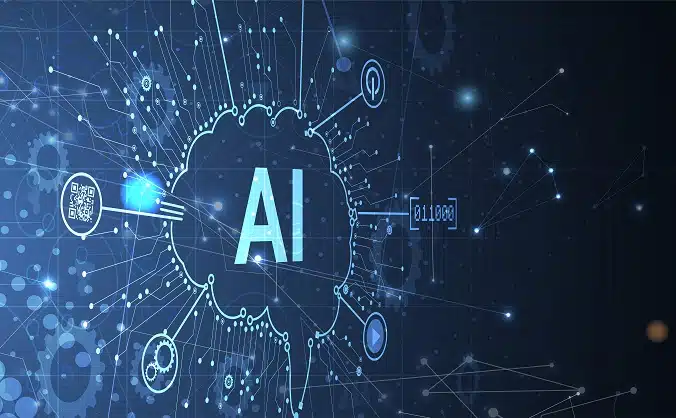The advancement of artificial intelligence is expected to be the big technological revolution of this century.
As AI technologies continue to advance rapidly and many existing laws across the globe have not been able to keep up with the potential negative outcomes of certain deployments of automated systems, there are uncertainties about when more stringent regulations may be enacted and how they will affect compliance in the future.
The EU is possibly the most advanced globally in creating a comprehensive legislation governing the development and commercial usage of AI through the proposed AI Act.
According to Brando Benifei, a co-rapporteur of the AI Act and a Member of the European Parliament, the European Union faces a challenge in implementing a comprehensive AI regulation because machine learning systems have already been utilized for various commercial and governmental purposes throughout the continent. Any AI that is already being used must adhere to the current norms and regulations, said Benifei, and he added that he was hoping the AI Act would not pose “further regulatory burden” on them.
Furthermore, Benifei recognizes the broad range of present applications for AI systems and expressed his desire that the AI Act would not impede the progress of machine learning technologies, but instead will ensure that high-risk systems are appropriately regulated to prevent any discriminatory or undemocratic outcomes.
EU member states have already taken steps to ensure that companies producing and using AI technology comply with the EU General Data Protection Regulation, which aims to safeguard personal data and privacy.
Italy’s data protection authority, the Garante, placed a temporary ban on ChatGPT on the 3rd of February, due to concerns that the AI application allegedly does not check the age of users and does not have any legal basis for collecting and storing such massive amounts of personal data for training their algorithm.
After issuing the ban by the Garante, OpenAI, ChatGPT parent company, promised to collaborate with the authorities and provide clarification with regards to their legal basis in addition to their desire and plan for more transparency. Moreover, the European Data Protection Board (EDPB) set up a ChatGPT task force to encourage collaboration and information-sharing among data protection authorities regarding potential enforcement actions.
AI has huge potential to solve various problems and tend to many challenges within our society, however, it could also pose as a threat as there are a lot of unknowns and uncertainties with the AI technology and the laws regulating the field. To train the algorithm quickly and properly, a lot of data is needed. This can lead to challenges with data privacy and in particular with the GDPR. It remains to be seen how the regulators will tackle these issues.
Do you have any questions about developments within privacy and data protection with regards to AI or other emerging technologies? Contact us, the Experts in Data Privacy, at info@dpoconsultancy.nl for more information.


Recent Comments